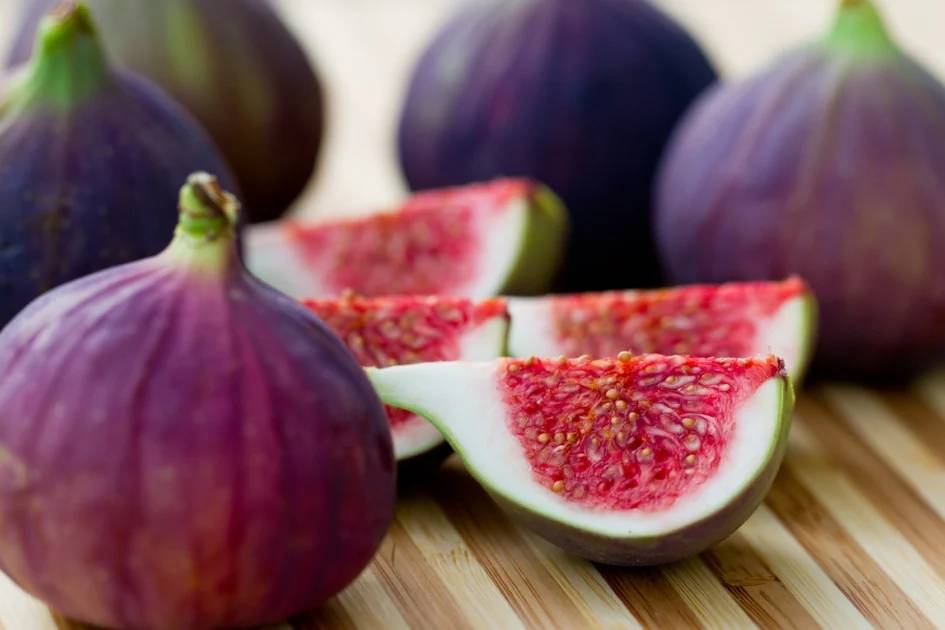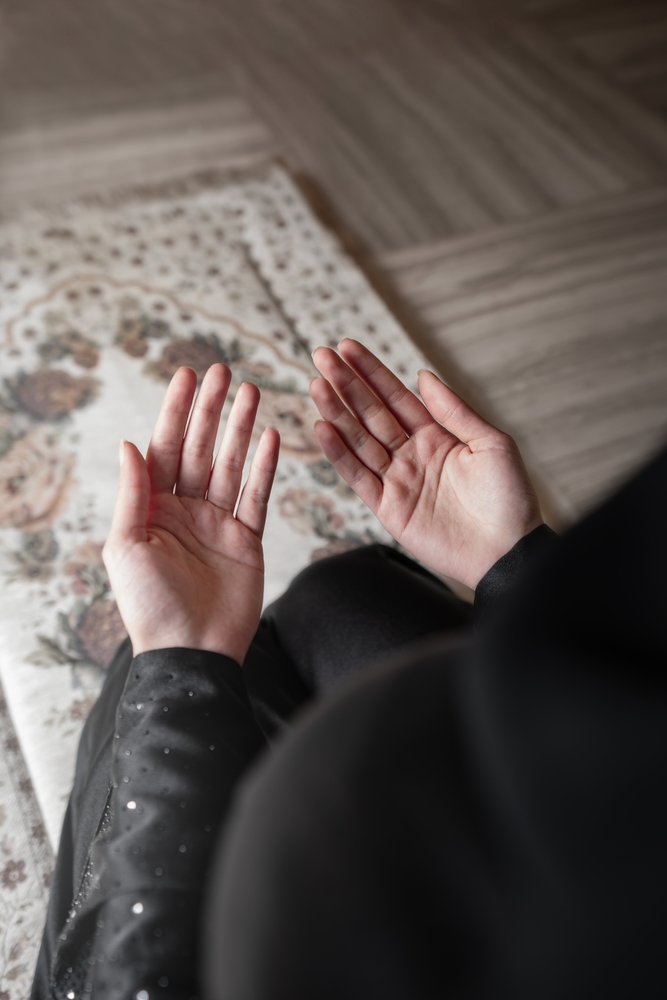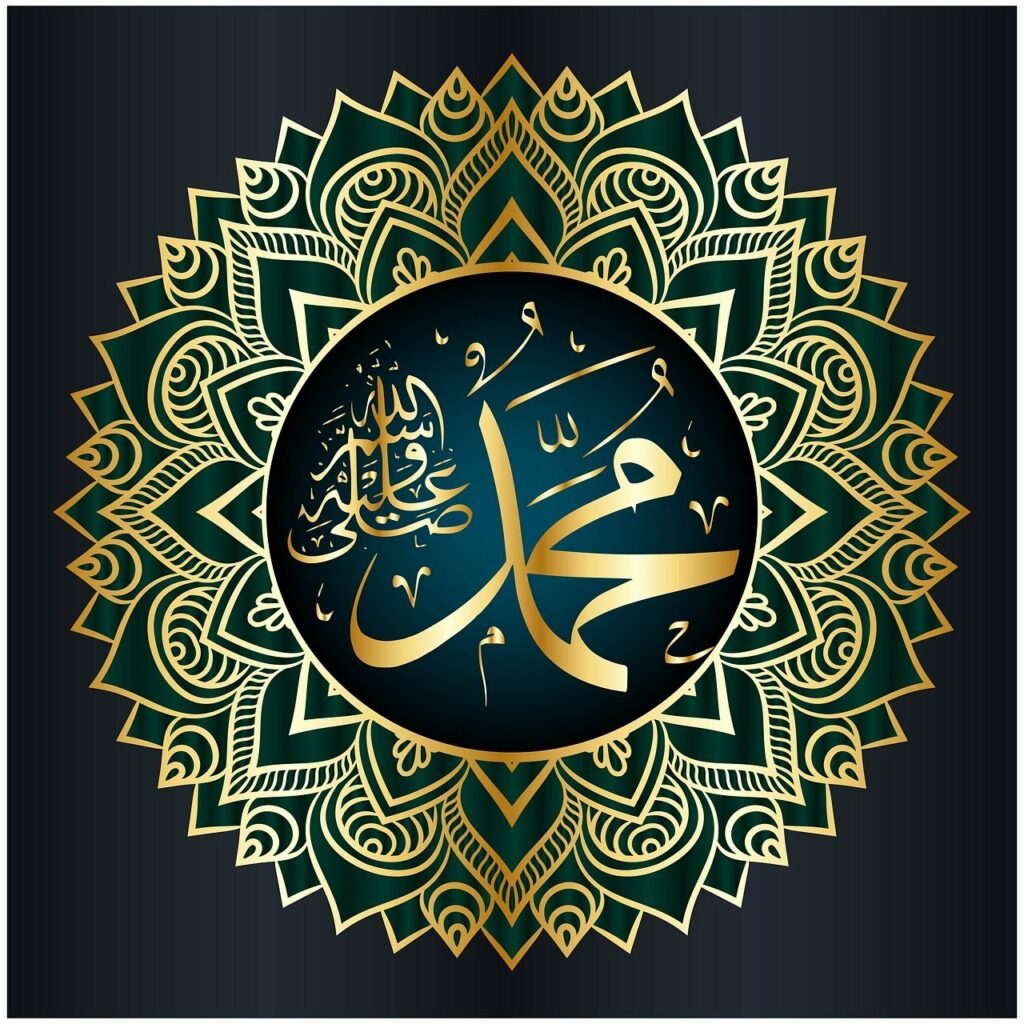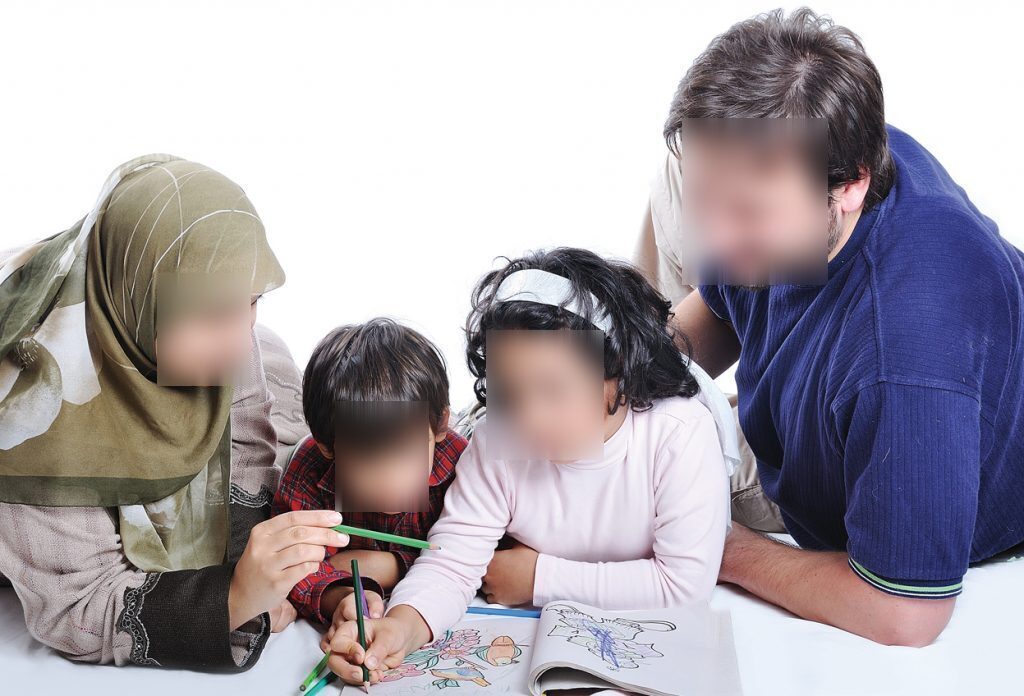Is Sleeping On Your Stomach Permissible In Islam?

Is Sleeping On Your Stomach Permissible In Islam? Sleeping on your stomach is considered a bad sleeping position due to its effect on your breathing and spinal alignment throughout the night. It is important to note that it is never too late to switch your sleeping position if you don’t want to be a stomach […]
Figs In Islam: Health Benefits, Use & Quran Mentions

Figs In Islam: Health Benefits, Use & Quran Mentions The fig plant is one of the only five plants mentioned in the Quran, along with olives, grapes, pomegranates, and dates. Figs are well reputed to be a good source of several essential minerals; including magnesium, manganese, calcium, copper, potassium, and Vitamin K. They are rich […]
7 Incredible Benefits of Dates

7 Incredible Benefits of Dates There are 7 Incredible Benefits of Dates in Islam, in the Holy Quran, dates are mentioned under the names Nakhl and Nakhil more than twenty times, underscoring their profound importance in Islamic tradition. During Ramadan, the significance of dates becomes particularly evident, with their consumption reaching its peak. But what […]
The Benefits of Black Seed in Islam

The Benefits of Black Seed in Islam What is a Black Seed? Black seed, known as Nigella sativa and commonly referred to as black cumin, Roman coriander, originates from a small flowering shrub native to Eastern Europe, the Middle East, and Western Asia. This minute, jet-black seed is renowned for its remarkable potency and has […]
The Best 10 Islamic Solutions For Stress

The Best 10 Islamic Solutions For Stress Islam provides a comprehensive guide to living a stress-free life, offering enduring solutions that remain relevant across time. During stressful times, remember the words of the Prophet Muhammad (peace be upon him): “Allah does not burden a soul beyond what it can bear. Trust that faith, patience, and […]
Learning the Quran and Islamic Religion

Learning the Quran and Islamic Religion Learning the Quran and Islamic Religion involves several aspects, including understanding its teachings, exploring the historical and cultural context of its revelations, delving into various interpretations (Tafsir), and applying its principles to everyday life. It also encompasses studying Prophet Muhammad’s (PBUH) life, understanding Islamic law (Sharia), and engaging with […]
Why is Pork Forbidden in Islam?

Why is Pork Forbidden in Islam? Pork comes from pigs and wild animals like boars. It is widely eaten in different forms in many cultures, such as pig meat, bacon, and chops. For non-Muslims, eating pork is a common part of daily life, and it is used in everything from traditional recipes to modern dishes. […]
Dua for the Deceased :Allahumma Ghfir Lahu Warhamhu

Dua for the Deceased :Allahumma Ghfir Lahu Warhamhu Dua for the Deceased: Allahumma Ghfir Lahu Warhamhu, losing a loved one immerses us in deep sorrow and introspection. Our faith offers solace in these moments by making duas (supplications) for the deceased. These supplications, drawn from the Quran and Sunnah, provide comfort to the bereaved and […]
Mawlid Nabawi: Reflecting on the Prophet Muhammad’s Birthday

Mawlid Nabawi: Reflecting on the Prophet Muhammad’s (pbuh) Birthday – Origins, Controversies, and Alternatives Introduction Mawlid Nabawi, the celebration of the Prophet Muhammad’s (peace be upon Him) birthday, holds significant importance for many Muslims around the globe. This event, commemorating the Prophet’s birth, is steeped in diverse and profound traditions. However, it also sparks considerable […]
Duties of parents towards their child in islam

Duties of parents towards their child in Islam In Islam, the duties of parents towards their child are of paramount importance and are outlined comprehensively in both the Quran and Hadith. These duties are considered a sacred trust, and fulfilling them is essential for the spiritual, moral, and physical well-being of the child. This article […]

